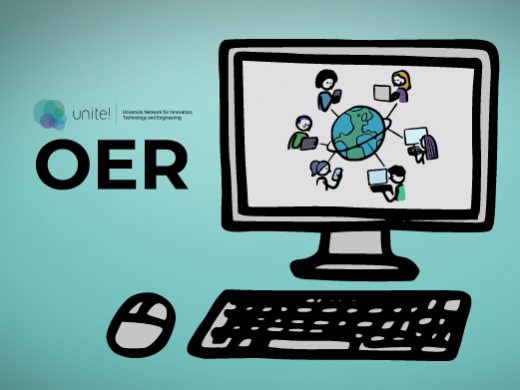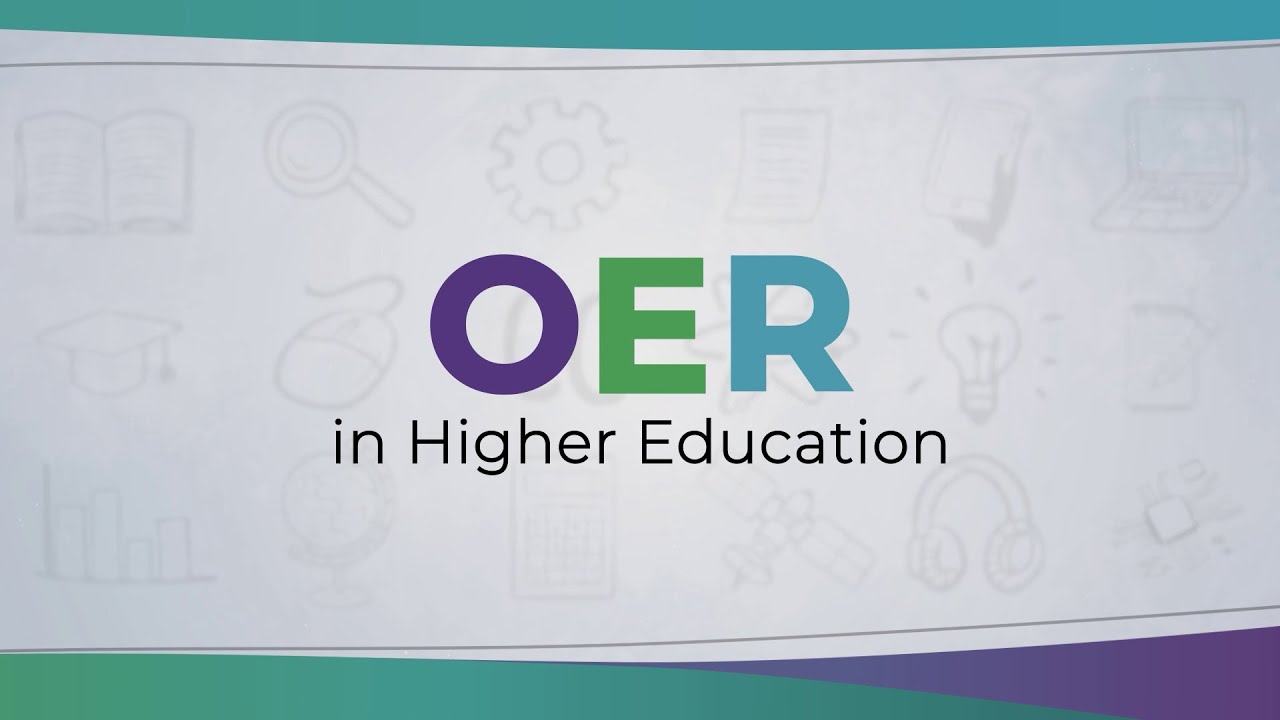Open Educational Resources (OER) in Higher Education
Course start: 6. May 2024
Open Educational Resources (OER) in Higher Education
Martin Ebner & Sandra Schön
This course is part of a MOOC series: AI MOOCs
Scientific classification:
Course start: 6. May 2024
Open Educational Resources (OER) in Higher Education
Martin Ebner & Sandra Schön
This course is part of a MOOC series: AI MOOCs
-
Scope: 4 units
-
Effort: 2 hours/week
-
Current participants: 1646
-
Licence: CC BY 4.0
-
Course start: 6. May 2024
-
Course end: -
-
Current status: Ongoing course
-
Available languages:
Trailer
Course details
Course content
Open Educational Resources (OER for short) are educational materials that are freely accessible and can be edited, adapted, and shared without violating copyrights. This succeeds because so-called "open licenses" or public domain materials are used for this purpose.
This course introduces the concept of Open Educational Resources for students and teachers at universities. OER are not only an important educational policy issue for international associations such as UNESCO, OER are also part of the call for "Open Science".
The course will also show how and where OER can be found and published. And of course, open licenses such as CC-0, CC BY and CC BY-SA will be explained.
The background to this multilingual MOOC offer is the joint project "Unite! OER courses" of all nine universities of the European University Alliance Unite!.
Learning goals
You will know the background and potential of OER, be able to use materials with open licenses in a copyright-compliant manner and know where to find and publish OER. You will know open Creative Commons licenses and be able to apply them.
Prerequisites
General Internet knowledge and interest in using and creating educational resources.
Course schedule
The course comprises 4 weeks or units. Each unit will include videos and advanced materials and a self-test to review what has been learned. A discussion forum provides the opportunity to reflect, discuss or elaborate on the topic with other learners.
Certificate
For active course participation, you will receive an automatic confirmation of participation from iMooX.at with user name, course details and confirmation of at least 75% correctly answered self-assessment questions. In addition, you will receive Open Badges for all completed units and the entire course.
Licence
This work is licensed under Creative Commons - 4.0 International (CC BY 4.0).
Additional content
Multilingual offer
All course materials and videos are available in several languages and versions. The English version refers to the situation and offers for Europe’s higher education landscape generally. The language versions are also adapted to the regional contexts of the cooperation partners of the nine universities of the European University Alliance Unite!. In addition, an Indonesian version is also provided.
So, in detail, these are the language options:
- German / Germany (TU Darmstadt) & Austria (TU Graz)
- Finnish / Finland (Aalto University)
- French / France (Grenoble INP graduate school of engineering and management, UGA Grenoble)
- Indonesian / Indonesia (Universitas Negeri Malang)
- Italian / Italy (Politecnico di Torino)
- Catalan / Spain (Universitat Politècnica de Catalunya/BarcelonaTech)
- Polish / Poland (Wroclaw University of Science and Technology)
- Portuguese / Portugal (Universidade de Lisboa)
- Swedish / Sweden (KTH Royal Institute of Technology)
- Turkish / Turkey (Atatürk Üniversitesi)
- English / for Unite! (TU Graz and partner universities)
- Arabic / Algeria (University of Oran 2)
- Ukrainian / Ukraine (TU Graz)
Information about the accompanying university course
Contents of the MOOC will be explored in depth in the course “Open Educational Resources” at TU Graz. This English lecture is open to all Unite! members via the Unite! Metacampus. For regular students at TU Graz, this course can be taken as a free subject and is especially aimed at students of the field of study "Teaching Computer Science".
Course instructor
Martin Ebner & Sandra Schön
Martin Ebner
Adj. Prof. Martin Ebner teaches and researches at TU Graz in the field of media informatics on technology-supported teaching and learning. His research focuses on technology-enhanced learning in addition to OER, especially MOOCs, and their impact.
Sandra Schön
Dr. Sandra Schön is a proven expert for OER and coordinates, among other things, the annual OER reports at TU Graz.
Other contributors
Numerous other experts are involved in the course development, e.g. in the creation of the learning video scripts and the transfer of the content into the different languages and contexts:
- Bouchra Aboura (University of Oran 2)
- Andriichenko Yevheniia (TU Graz)
- Sarah Edelsbrunner (TU Graz)
- Daniel Erhart (TU Graz)
- Katharina Gasplmayr (TU Graz)
- Ypatios Grigoriadis (TU Graz)
- Martin Haiden (TU Graz)
- Canan Hastik (TU Darmstadt)
- Agnieszka Herczak-Ciara (Wroclaw TECH)
- Katharina Hohla-Sejkora (TU Graz)
- Stefan Janisch (TU Graz)
- Alexandros Kalaitzopoulos (TU Graz)
- Elizabeth Keller (KTH Royal Institute of Technology)
- M. Kharis (Universitas Negeri Malang)
- Anna Kosela (Wroclaw TECH)
- Jaroslaw Krysiak (Wroclaw TECH)
- Engin Kurşun (Atatürk Üniversitesi)
- Christina Lari (TU Graz)
- Agnieszka Licznerska (Wroclaw TECH)
- Mauro Paschetta (Politecnico di Torino)
- Andrea Rapp (TU Darmstadt)
- Maria H. Ribeiro (Universidade de Lisboa)
- Anna Rovira (Universitat Politècnica de Catalunya)
- Lain Schändlinger (TU Graz)
- Melanie Scherret (TU Graz)
- Leonie Schmidt (TU Graz)
- Johan Thorbiörnson (KTH Royal Institute of Technology)
- Ruben Vicente-Saez (Aalto University)
- Dominik Wróbel (Wroclaw TECH)
Partners
-

Graz University of Technology
-
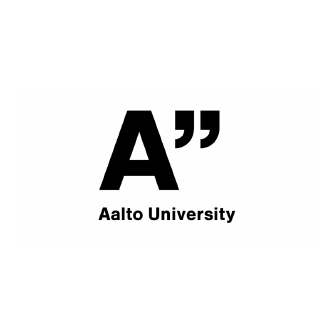
Aalto University
-
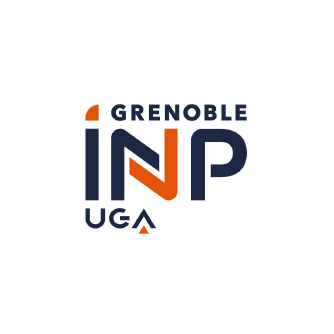
Grenoble INP - UGA Graduate schools of Engineering and Management
-
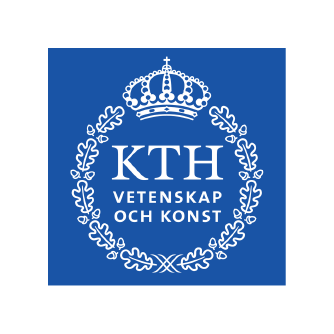
KTH Royal Institute of Technology Stockholm
-
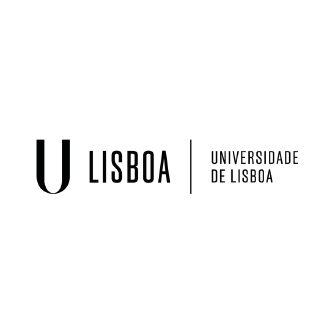
Universidade de Lisboa
-
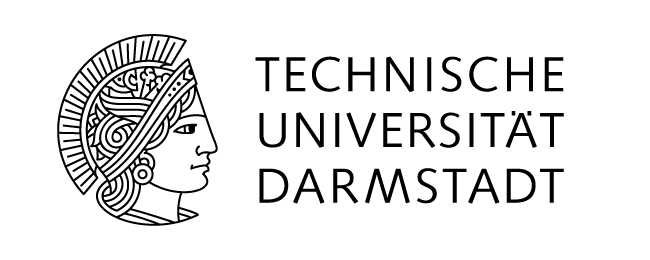
Technical University of Darmstadt
-

Politecnico di Torino
-

Universitat Politècnica de Catalunya
-

Wroclaw University of Science and Technology
-
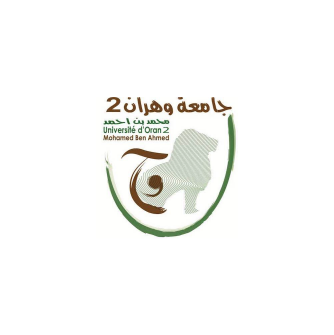
University of Oran 2 Mohamed Ben Ahmed Algeria
-
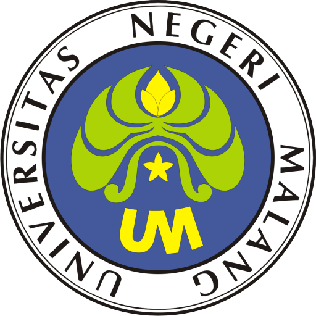
Universitas Negeri Malang
-
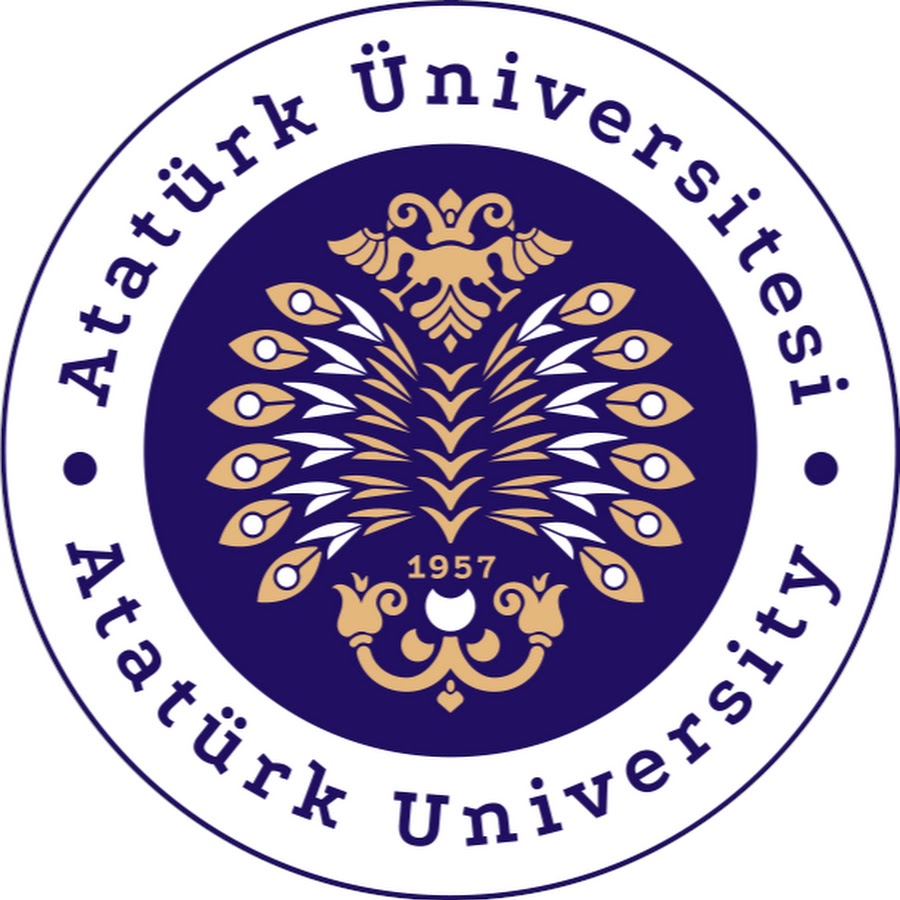
Atatürk University
-

Campus 02 University of Applied Sciences
-

Co-funded by the European Union
